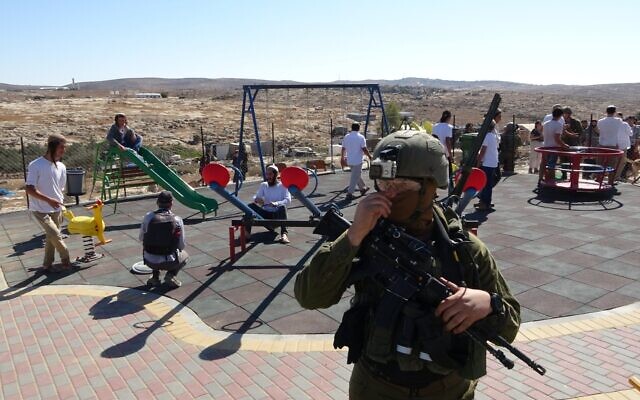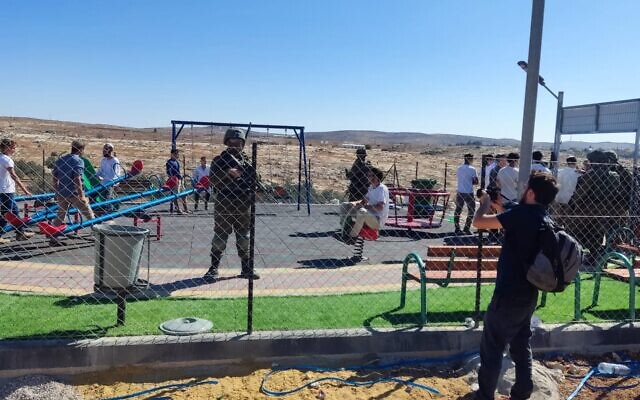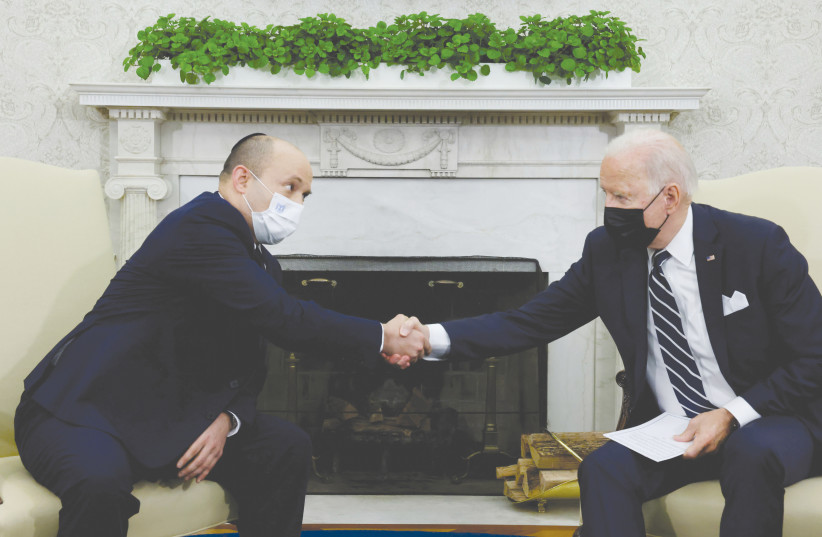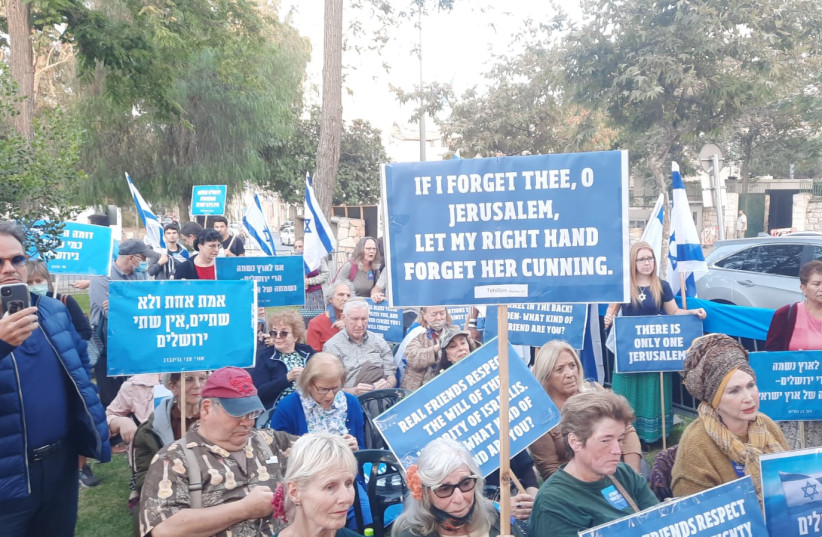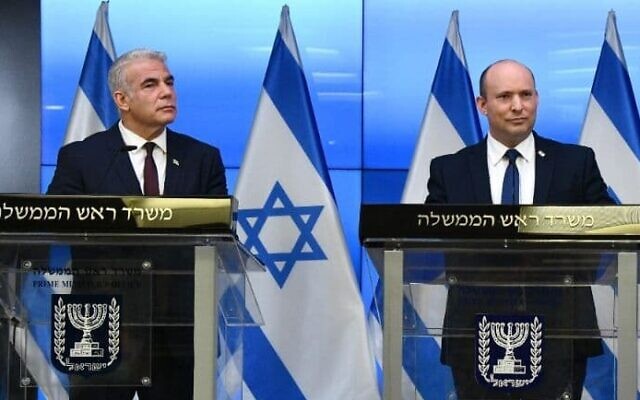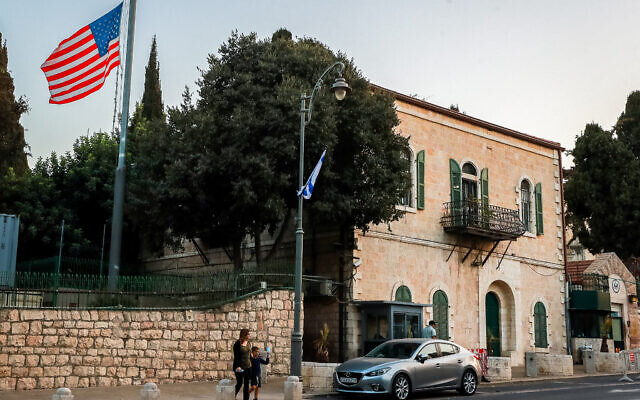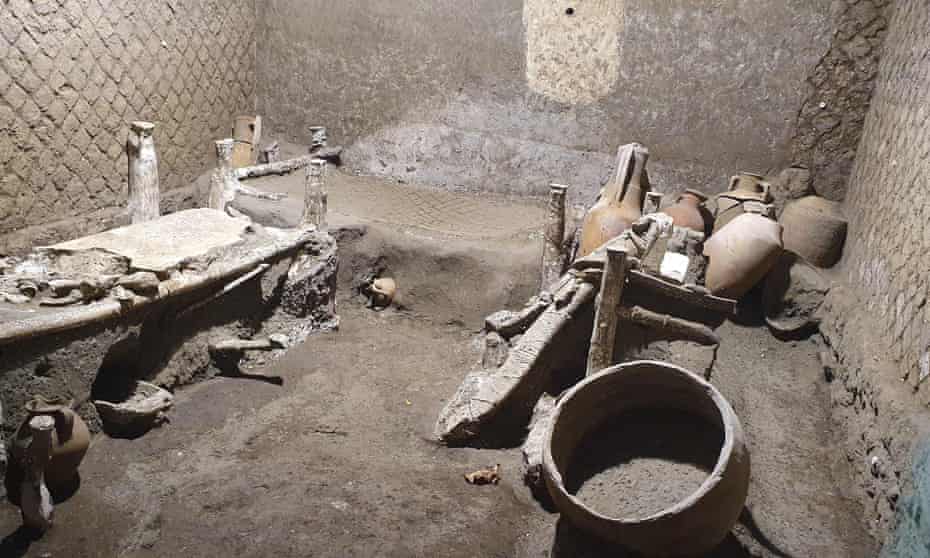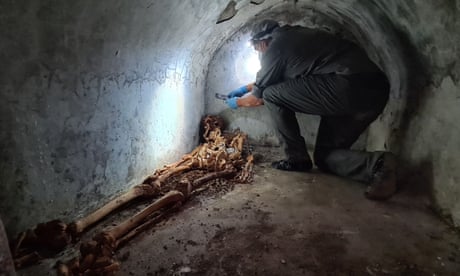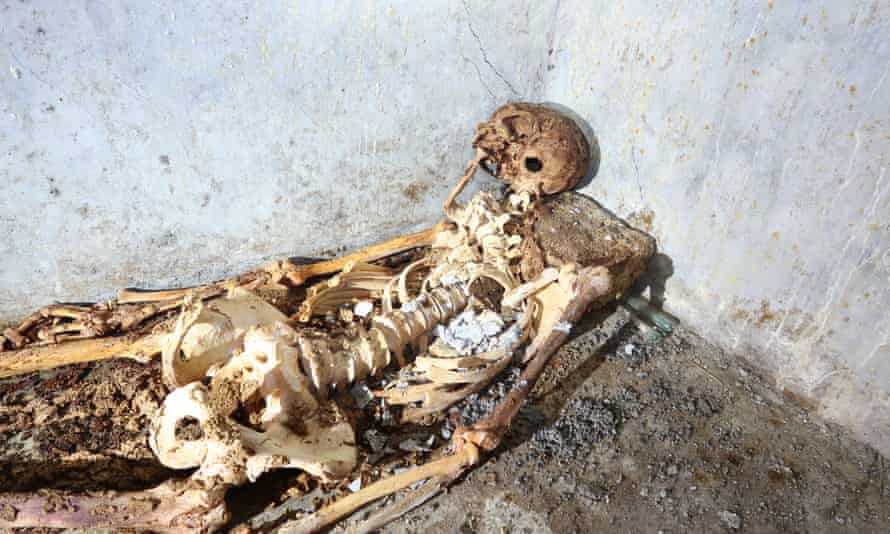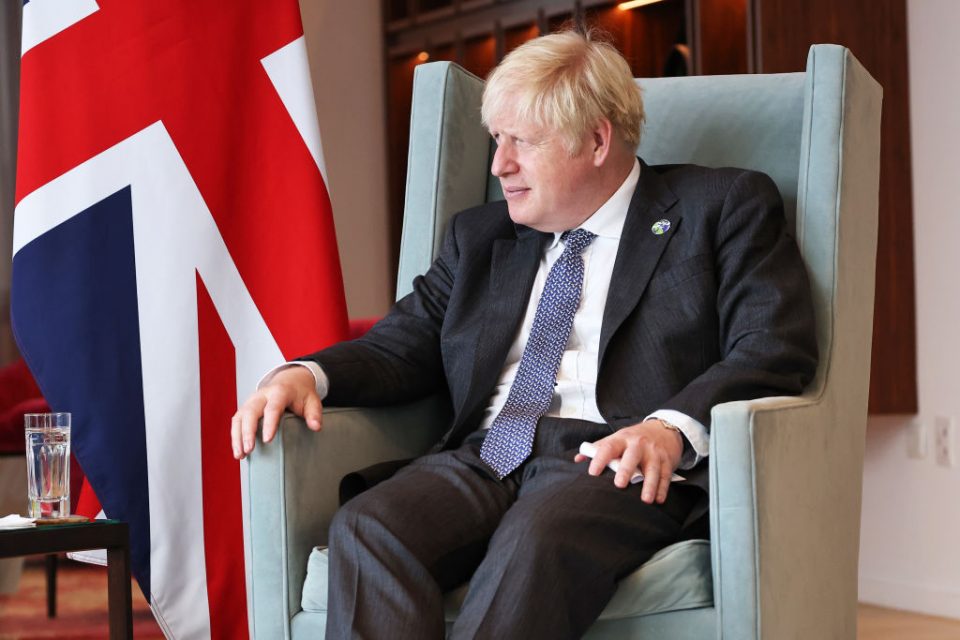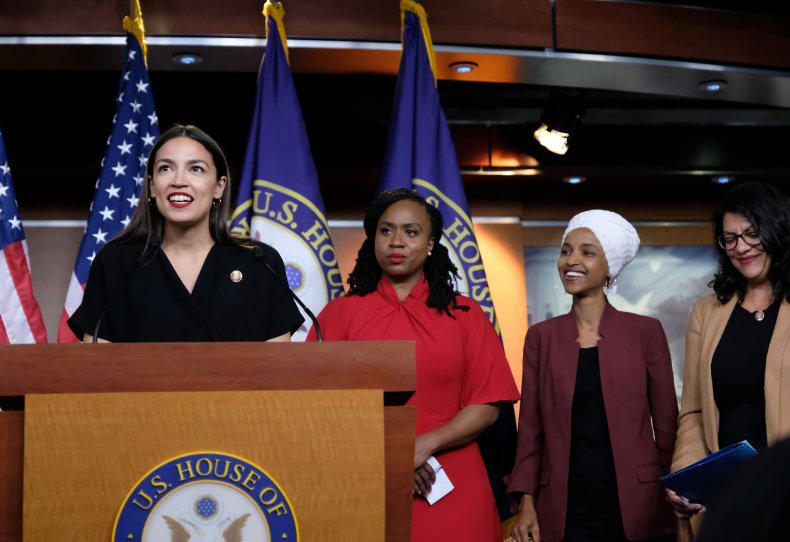Kevin Reed
WSWS.ORG
In the first week of the jury trial of Kyle Rittenhouse at the county courthouse in Kenosha, Wisconsin, the prosecution focused on the death of Joseph Rosembaum, the first of the three victims of the fascist teenage shooter. Numerous videos were shown, including FBI aerial surveillance footage, and nine witnesses were called to testify.
Rittenhouse, who was 17 at the time of his shooting rampage, has been charged with first degree reckless homicide in the shooting of Rosenbaum. The video evidence shows that Rittenhouse shot Rosenbaum five times, including a kill shot to his back, in the parking lot of a Car Source dealership during the third night of protests against police violence in Kenosha on August 25, 2020.
Unsurprisingly, the prosecution has steadfastly refused to mention or make reference to the politics behind Rittenhouse’s murder of Rosenbaum, 36, and Anthony Huber, 26, and the serious wounding of Gaige Grosskreutz, 27, that evening. The shooter was a supporter of then-President Donald Trump, a police cadet, had an affinity for guns and has subsequently been embraced as a “hero” by far right and fascist political organizations.
Prior to the events in Kenosha, Trump had called protesters “vicious dogs” and threatened to shoot “looters” during demonstrations across the country in response to the police murder of George Floyd by Minneapolis police. Trump deployed military police on June 1 to clear away protesters outside the White House by force and threatened to invoke the Insurrection Act and deploy the military against protests nationwide.
Meanwhile, the proceedings included an outburst by Judge Bruce Schroeder, who denounced media criticism of his handling of the trial and rules he set that prevent prosecutors from referring to those shot by Rittenhouse as “victims” while allowing the defense to refer to the victims as “rioters” and “looters.”
On Wednesday, Assistant District Attorney Thomas Binger called Kenosha Police Detective Martin Howard to the stand and questioned him about the fact that Rosenbaum, who Rittenhouse shot five times at close range with his AR-15-style assault rifle, was unarmed. When Binger asked Detective Howard if he had seen Rosenbaum with a weapon of any kind, Howard said, “I can only see a plastic bag he’s carrying.”
Detective Howard obtained and reviewed numerous videos from social media and news outlets from that night when Rittenhouse went on his shooting rampage and killed Rosenbaum and Huber and seriously injured Grosskreutz.
Defense attorney Mark Richards, who is arguing that the shootings by his client are justified as self-defense, questioned Detective Howard about the fact that Rosenbaum confronted Rittenhouse in the parking lot of a used car dealership. When Richards said that Rosenbaum ambushed Rittenhouse, ADA Binger objected.
However, when Richards asked Detective Howard, “Mr. Rosenbaum is in hiding as my client arrives, correct?” the detective answered, “It appears so, yes.”
Binger then played a live video stream recorded by the YouTube channel “The Rundown Live” that showed the participation of Rittenhouse with an armed militia, some of whom were positioned on top of a building and aiming lasers from their firearms at protesters who were marching in the street.
At this point, the defense objected and claimed that the video was “hearsay” because it included a running commentary by the videographer who repeatedly referred to the armed men as a militia. Judge Schroeder then excused the jury and went into a lengthy rant about how he had been criticized by the news media for establishing trial rules that favor the defense.
The judge said, “This was on CNN, Jeffrey Toobin and another attorney there, and a comment was made that the ruling was incomprehensible, and I think they obviously are not familiar with this rule.” Judge Schroeder continued that he was very concerned about anything that would undermine “public confidence” in the outcome of the trial.
After the jury returned and the trial resumed, Judge Schroeder sided with the defense that the audio content of the video was “descriptive material” and constituted “hearsay.” The judge then went into a convoluted explanation of the hearsay rule, which included a bizarre and potted review of the trial of St. Paul from the Bible.
On Thursday, Judge Schroeder resumed the trial by announcing that the prosecution was requesting that a juror be dismissed for joking with a courtroom deputy about the brutal shooting of Jacob Blake by a Kenosha police officer, the incident on August 23, 2020 that sparked the protests leading up to the Rittenhouse shootings.
When ADA Binger attempted to elaborate on the political implications of such an event in the Rittenhouse trial, Judge Schroeder interrupted him and said he could not continue until the juror had the opportunity to explain himself.
Later in the day, the prosecution called to the stand Richie McGinniss, a video reporter for the conservative website the Daily Caller who was an eyewitness to the shooting of Rosenbaum by Rittenhouse. McGinniss, who sprang into action to save Rosenbaum’s life, including riding with him in the back of a van to the hospital and speaking to him before he died, testified that it appeared that Rittenhouse shot the victim after he grabbed “for the front portion” of the shooter’s assault rifle.
On Friday, the prosecution called Susan Hughes, a close relative of Huber, and Kariann Swart, the fiancé of Rosenbaum, who gave accounts of the lives of these victims of Rittenhouse, but no effort was made to explain why they were involved in the protests in Kenosha. When prosecutors began asking Hughes about why Huber might want to go to the protests and place himself in danger, the defense objected to the question and Judge Schroeder sustained the motion.
The final witnesses called by the prosecution were the owners of the Car Source dealership, Sahil and Anmol Khindri, who both said they did not request armed protection on the night of August 25, 2020 from either Rittenhouse or anyone else.
In all of the coverage and commentary of the trial in the corporate media, very little has been said about the use of FBI aerial surveillance video as evidence by the prosecution in the case against Rittenhouse. At one point during questioning about the infrared video, in which individuals are labeled and followed on screen with squares and circles identified, Kenosha police detective Martin Howard referred accidentally to the FBI surveillance vehicle as a drone. He then quickly modified his testimony and says that the video was show by a “fixed wing aircraft.”



